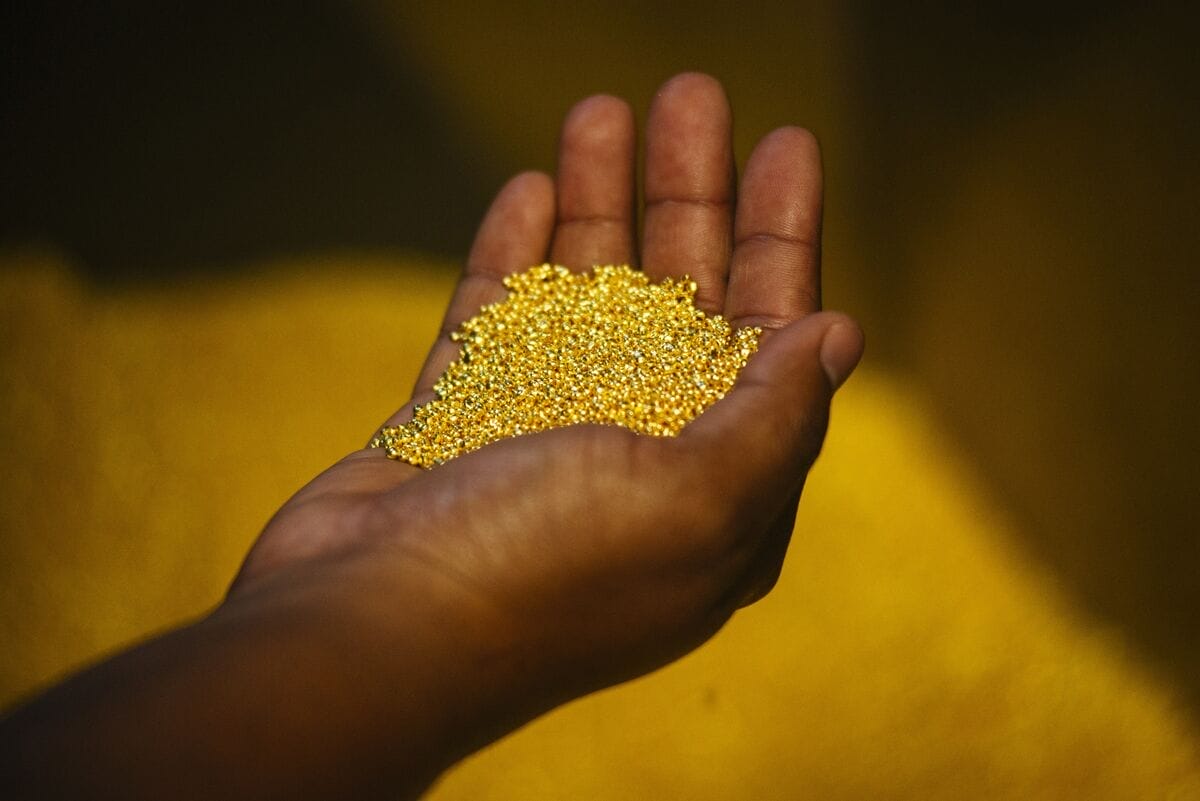Ghana, Africa’s leading gold producer, is taking significant steps to maximize its revenue from the precious metal, especially amidst a strong global bull market for gold.
The nation’s efforts include new policies aimed at centralizing gold purchases and increasing state control over the industry.
The surge in global gold prices has been a boon for Ghana’s economy. In 2024, Ghana earned $11.6 billion from gold exports, a 52.6% increase from the previous year’s $7.6 billion. This growth was fueled by a 30% rise in gold prices in 2024, following a 15% increase in 2023. Gold accounted for 57% of Ghana’s total export revenue last year, helping to double the nation’s trade surplus to $4.9 billion. Gold is currently trading at $3,258 per troy ounce, nearing a historic high.
To secure a larger share of these revenues, Ghana has established the Ghana Gold Board (GoldBod), a new state entity. As of April 30, 2025, no foreign company may directly purchase and export gold from artisanal or small-scale miners.
GoldBod will now oversee all buying, selling, and export of artisanal and small-scale mining (ASM) gold, which accounts for approximately 35% of Ghana’s total gold output and generated $5 billion in export revenue in 2024.
This move follows the annulment of all licenses previously held by foreign trading firms for ASM gold. While foreign companies can still procure gold, they must do so through GoldBod via formal applications.
The government’s rationale is to curb smuggling, which has historically diverted substantial revenues, and to stabilize the local currency, the cedi. In 2022 alone, an estimated 60 tons of gold worth $1.2 billion were reportedly smuggled out of the country.
Additionally, Ghana’s Central Bank has significantly scaled up its domestic gold purchase program. Its gold holdings increased from 8.7 metric tons in 2022 to 30.8 tons by February 2025.
This program includes purchase arrangements with major mining companies, where the Bank of Ghana can acquire 20% of their output. GoldBod has also recently formalized agreements with nine additional large-scale mining companies to purchase 20% of their production in doré bars, with compensation in Ghanaian cedis at a 1% discount off the London Bullion Market Association spot price.
Anang Tawiah, an economist and risk analyst covering Ghana, notes that the surge in gold revenues has put Ghana on a sound macroeconomic footing and has attracted new foreign investments. For example, China’s Zijin Mining Group acquired Newmont’s Akyem Gold Mine project in 2024 for $1 billion.
While the new policies aim to increase national revenue retention and streamline the sector, concerns have been raised by some foreign firms regarding the shift to centralized trading and potential bureaucratic delays in the approval process for gold acquisitions.
Nevertheless, Ghana is positioning itself to capitalize further on the ongoing bull market and ensure greater benefits from its abundant gold resources.

